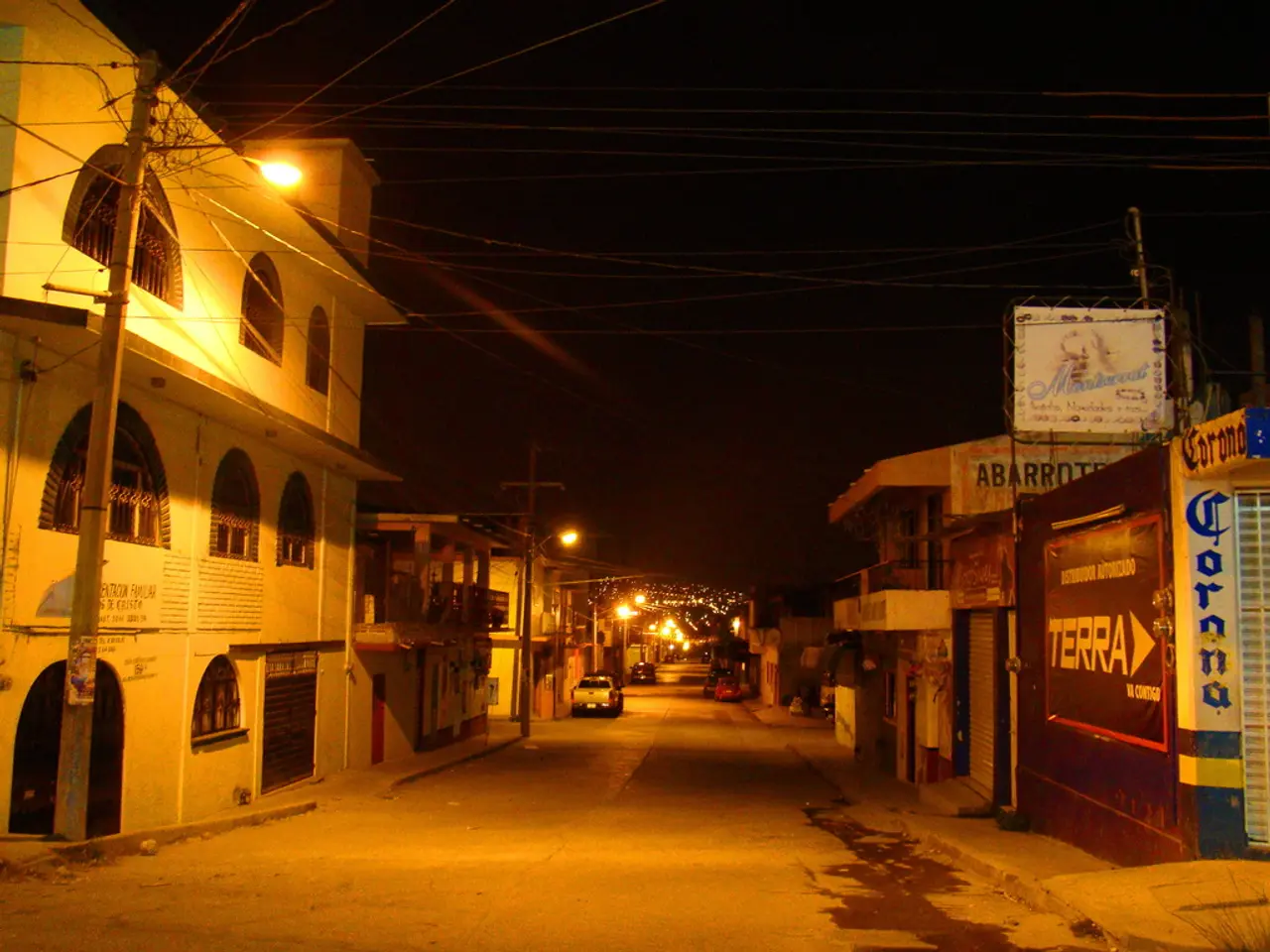Considering a retirement flat purchase for your mother? Evaluating the pros and cons.
Heard that your mum's considering a retirement flat? Here's a low-down on what she ought to look out for, and potential snags to avoid:
Moving to a retirement flat might seem like a great idea, with communities, facilities, and even round-the-clock wardens in some cases. But there are reasons to be cautious, like avoiding hefty fees and ensuring that the flat doesn't end up costing more than a regular home on the open market.
Jane Denton, of This is Money, offers some advice: Retirement properties can vary from flats and bungalows to houses, catering to older buyers. Communities, facilities, and potentially care packages or security services might be available. However, it's essential to be wary and check any service charges carefully and scrutinize comparative homes on the open market for fair pricing.
When it comes to service charges, be mindful that they cover communal expenses, repairs, and amenities. They typically add up to an average weekly charge of £120.93 and monthly charge of £523.99, as per Lottie's care home comparison website. Prices can skyrocket according to the facilities available, and service charges often rise annually. While residents can challenge these, the process can be time-consuming and stressful.
Retirement properties are typically leasehold, so keep an eye on the remaining lease length. A short lease can affect your property's resale value, and extending the lease can be expensive.
Furthermore, watch out for exit or transfer fees that could crop up later. Additionally, remember that retirement properties might take longer to sell, making them harder to dispose of at a profit.
Now, let's dive into the experts' opinions. Thom Wilkinson, a partner at Bishop & Sewell LLP, explains that these properties come in multiple formats, each with its own unique arrangement and lease. A solicitor or conveyancer acting on any purchase should clarify the pros and cons for you. Well-run developments can offer appropriate housing, communities, well-maintained housing, and access to nursing care. However, any services require payment and their benefits depend on need and usage.
Keep an eye on these two main drawbacks: ongoing costs and the ease of resale. You'd need to review the service charge's level and understand when and how the costs will be charged. For instance, some developers charge service charges annually or semi-annually, which requires careful cash flow planning. When it comes to resale, consider the pool of likely purchasers. Retirement flats have age limits, limiting the number of potential buyers. Newer developments might also negatively impact the older model's resale value if offered alongside newer models.
Lisa Gibbs, a partner at HCR Law, suggests reviewing the lease and asking about the level of service charge. First, check the lease's remaining term, as shorter leases may mean you'd have to incur costs to extend it when you or your family sell the property. Second, enquire about the service charge's level, which covers outgoings, bills, and repairs. These costs vary between developments and can range from £1,200 to over £4,000 per year. Age restrictions are also common, with minimum ages ranging from 55 to 60. Leases may also require buyers to be capable of living independently and to abide by the landlord's rules regarding their cohabitee.
So, to wrap it up, when exploring retirement flats, keep these crucial factors in mind:
- Service Chargesa. Understand coverage, variability, and special feesb. Review terms for cost increases and capsc. Be mindful of when charges will be levied
- Lease Lengtha. Pay attention to remaining term and extension feasibilityb. Think through the impact of a short lease on your property's appeal and value
- Resale Valuea. Consider the market's preferences, buyer pool, and potential exit feesb. Evaluate the ease of selling the property
- Age Restrictionsa. Keep age requirements in mindb. Understand guest policies and cohabitee constraintsc. Assess the landlord's rules and their impact on your lifestyle
- Location & Accessibilitya. Thoroughly examine property locations and accessibilityb. Prioritize proximity to amenities, public transport, healthcare, and social activities
- Safety & Accessibility Featuresa. Look for safety and accessibility features tailored to elderly residents
- Community Culturea. Evaluate the social environment and available activities
- Flexibility & Exit Strategya. Consider whether your circumstances can change and whether you can move out or adapt the property as needed
- As your mother considers a retirement flat, it is crucial to be aware that these properties often come with service charges, which cover communal expenses, repairs, and amenities, averaging £120.93 per week and £523.99 per month. (Moving, service charges)
- It is essential to be mindful that retirement properties are typically leasehold, and a short lease can affect the property's resale value, and extending the lease can be expensive. (Retirement properties, lease length)
- When exploring retirement flats, one should evaluate the market's preferences, buyer pool, and potential exit fees to determine the ease of selling the property. (Resale Value, retirement flats, buyer pool)




